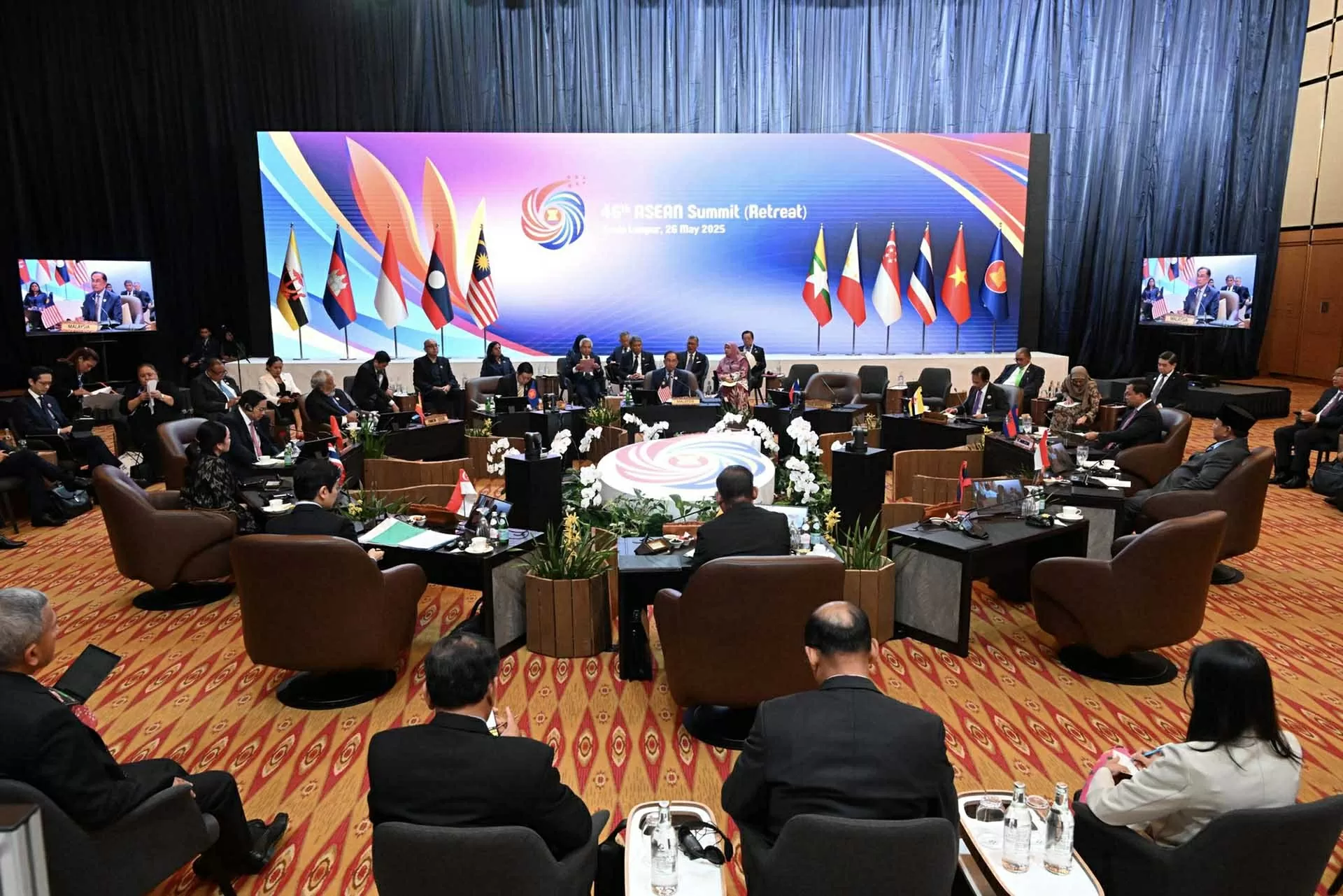 |
| Prime Minister Pham Minh Chinh and leaders of ASEAN countries and Timor-Leste attended a closed-door meeting to discuss international and regional issues. (Source: VGP) |
At the meeting, the leaders shared that ASEAN is an area where many geopolitical and geo-economic interests intersect, facing increasing pressure from strategic competition between major countries, protectionist trends, supply chain disruptions, negative impacts from climate change, natural disasters, epidemics and other non-traditional security risks.
The wave of new technologies is fundamentally changing the development model. In this context, ASEAN needs to strengthen solidarity, affirm the value of dialogue, cooperation and multilateralism, enhance strategic autonomy, strongly promote a common voice, and actively and constructively contribute to global processes.
Regarding international and regional issues, the leaders reaffirmed ASEAN's principled stance on the East Sea, emphasizing the importance of respecting international law, peacefully resolving disputes, fully and effectively implementing the Declaration on the Conduct of Parties in the East Sea (DOC), and promptly completing an effective and substantive Code of Conduct in the East Sea (COC) in accordance with international law and the 1982 United Nations Convention on the Law of the Sea (UNCLOS).
The countries acknowledged and appreciated the efforts of the Malaysian Chair and the Chair's Special Envoy to Myanmar, and supported promoting ASEAN's role in supporting Myanmar and effectively implementing the Five-Point Consensus. ASEAN recommitted to supporting a rules-based, transparent and free multilateral trading system, enhancing intra-regional trade and investment, and expanding economic links with external partners.
Speaking at the meeting, Prime Minister Pham Minh Chinh shared the assessment of the countries on the rapidly changing and complex world situation with the trend of political polarization, economic separation, institutional fragmentation and development differentiation. In that context, ASEAN needs to maintain its steadfastness, calmness and clarity to proactively and flexibly adapt effectively to all changes in the situation.
The Prime Minister stressed that ASEAN, consistently, needs to adhere to the path of dialogue instead of confrontation, cooperation instead of competition, solidarity instead of division, and self-reliance instead of dependence. More than ever, ASEAN needs to strengthen internal solidarity, promote its central role, and maintain balanced relations with major countries by effectively utilizing ASEAN's existing mechanisms.
Sharing concerns about the impacts of tariff policy adjustments on countries, including ASEAN, Prime Minister Pham Minh Chinh emphasized that this is an opportunity for ASEAN to promote self-reliance, self-reliance, and restructure trade relations; ASEAN needs to prioritize consolidating internal strength and expanding cooperation space through increasing intra-bloc trade and investment, maximizing new growth drivers such as digital transformation, green transformation, promoting intra-bloc consumption, connecting energy and transport to facilitate the flow of goods.
Appreciating the timely response and coordination of ASEAN's common viewpoints and stances under the coordination role of the Malaysian Chair, Prime Minister Pham Minh Chinh emphasized that ASEAN needs to continue to remain calm, coordinate closely, share information and experience, and persevere in dialogue to find solutions.
The Prime Minister expressed his support for the early completion of the ASEAN Digital Economic Framework Agreement, upgrading the ASEAN Trade in Goods Agreement, more effectively exploiting the ASEAN economic connectivity network, including the Regional Comprehensive Economic Partnership (RCEP), promoting the completion of FTAs with partners such as Canada and upgrading free trade agreements with China and India, thereby diversifying markets, products and supply chains.
Sharing concerns about the complicated situation in the East Sea, the Prime Minister once again emphasized that ASEAN needs to make more efforts to affirm its central role in the East Sea issue - an issue directly related to peace, security and stability in the region, and requested ASEAN to continue to maintain solidarity and a principled stance on the East Sea issue.
Regarding the situation in Myanmar, the Prime Minister welcomed the ASEAN Chair's proactive and timely steps to promote the role of a mediator, including contacting relevant parties to promote the Five-Point Consensus; requested ASEAN to continue to prioritize humanitarian aid, support the people of Myanmar to overcome the consequences, stabilize their lives and rebuild after the earthquake on March 28, 2025; requested parties in Myanmar to end violence, ensure humanitarian aid is carried out safely and smoothly; called on relevant parties in Myanmar to exercise restraint, sit down together, put the interests of the people and the country first, and jointly solve the problem.
On this occasion, the Prime Minister highlighted that Vietnam has sent 60 tons of goods and more than 100 officers and soldiers to participate in search and rescue operations in Myanmar. Vietnam has sent representatives to join the ASEAN Chair's Informal Advisory Group and will continue to closely coordinate with Malaysia and ASEAN countries to promote dialogue and reconciliation towards a feasible and sustainable solution for Myanmar. The Prime Minister called on ASEAN to make joint efforts to find a more positive and stronger solution to the problem.
Source: https://baoquocte.vn/asean-can-kien-dinh-con-duong-doi-thoai-hop-tac-doan-ket-va-tu-cuong-315577.html



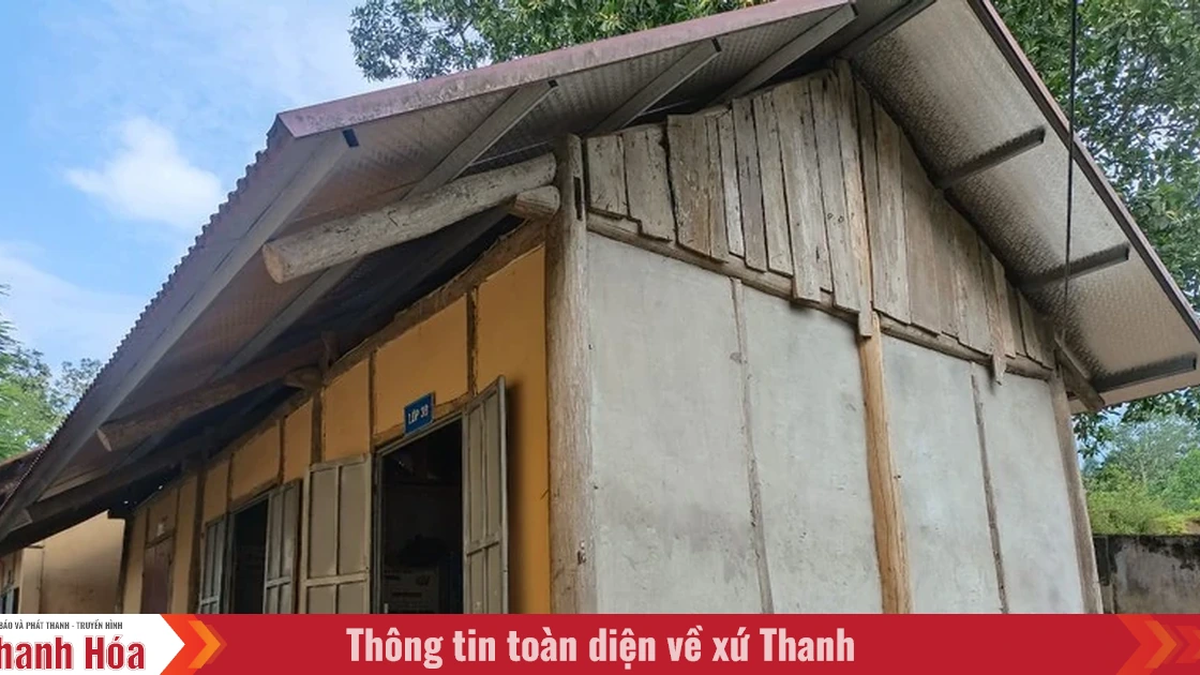
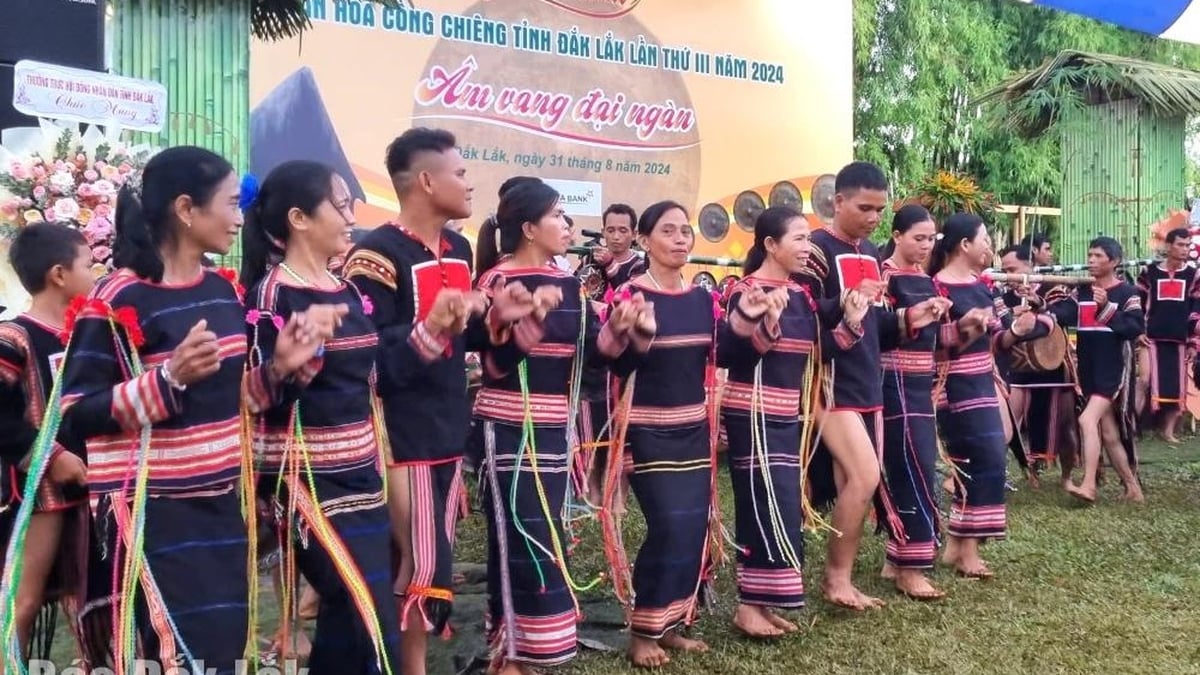
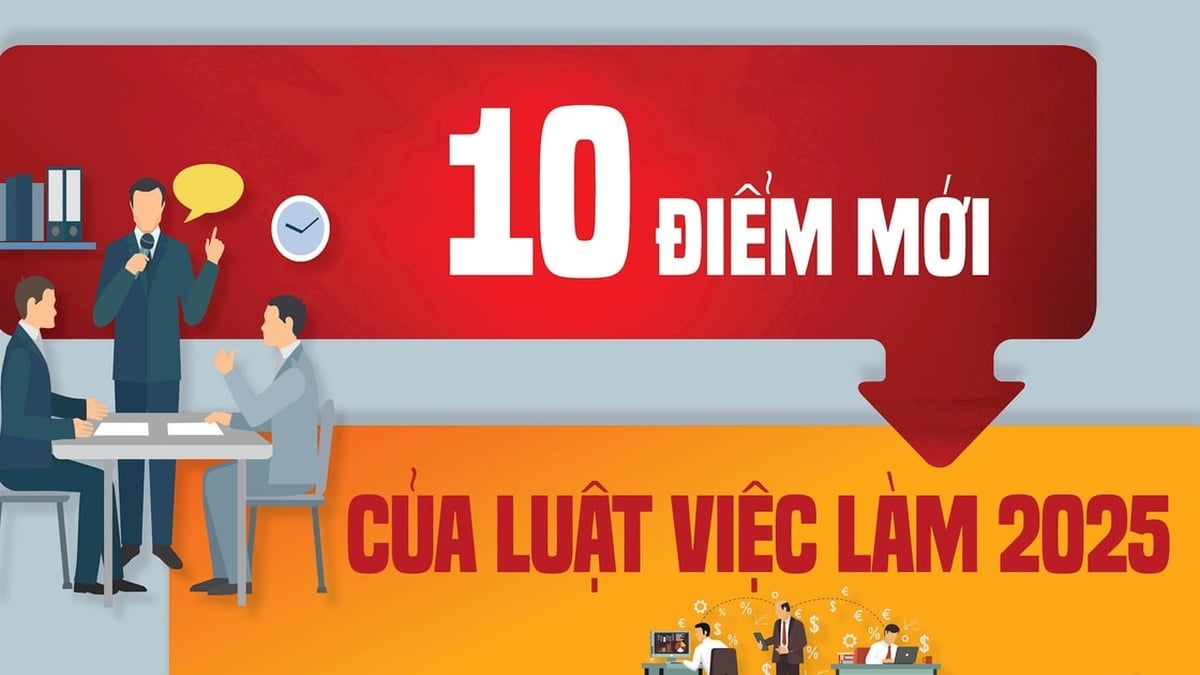
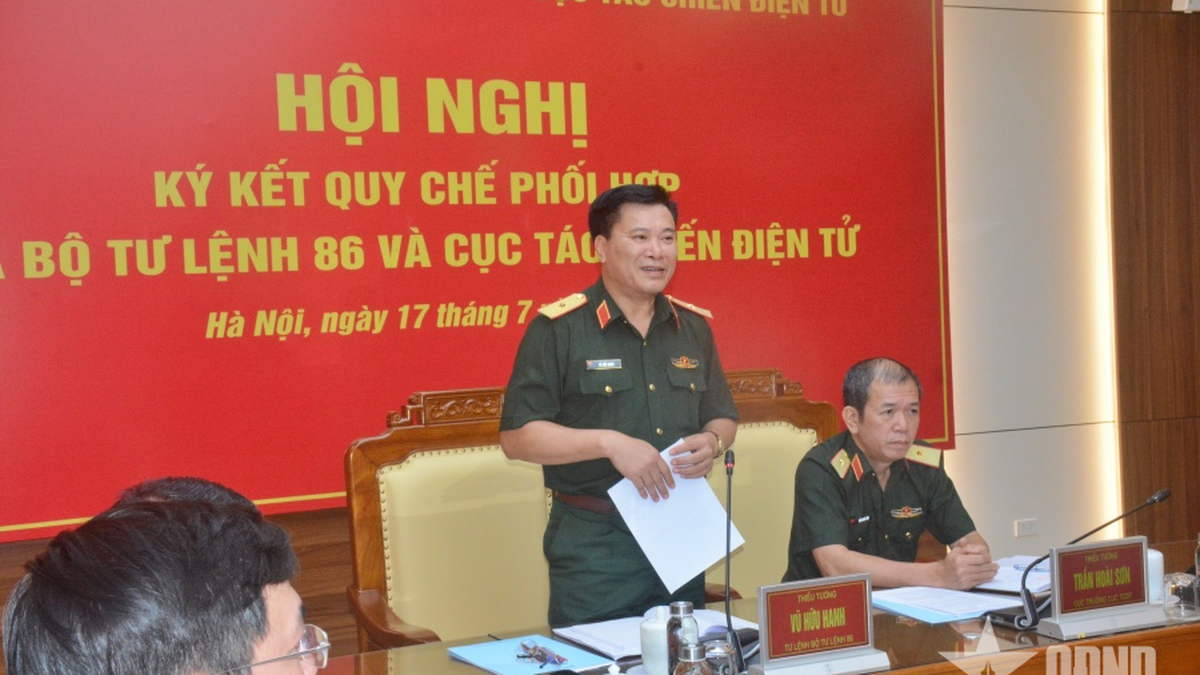
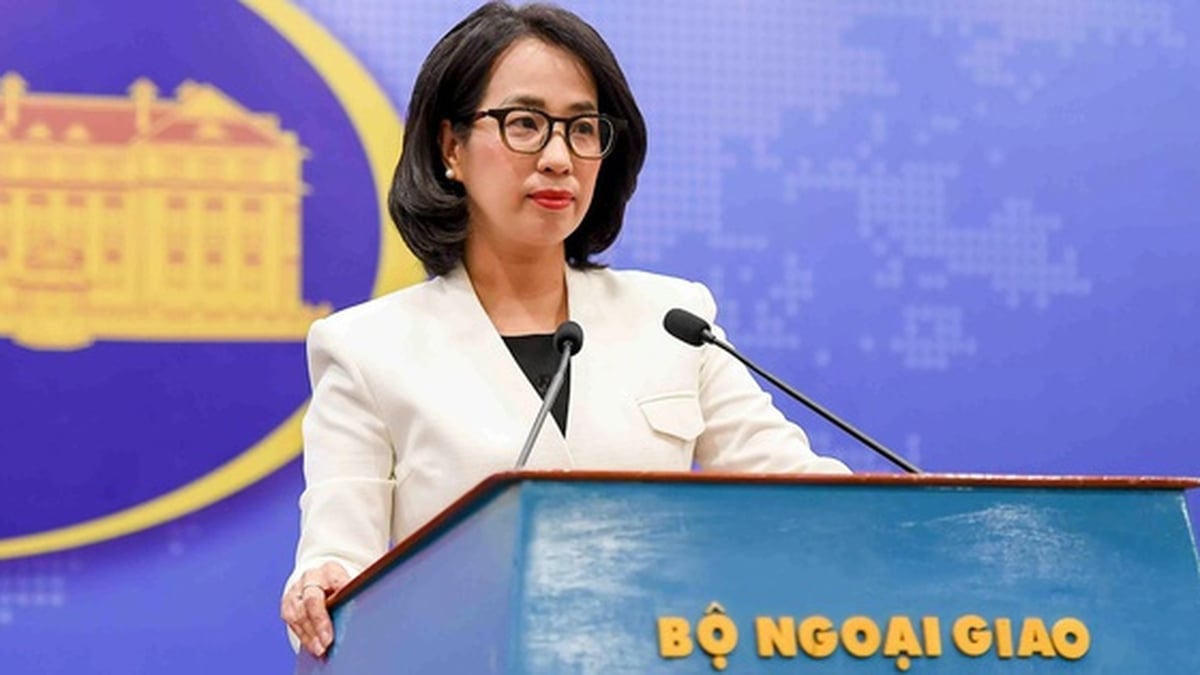
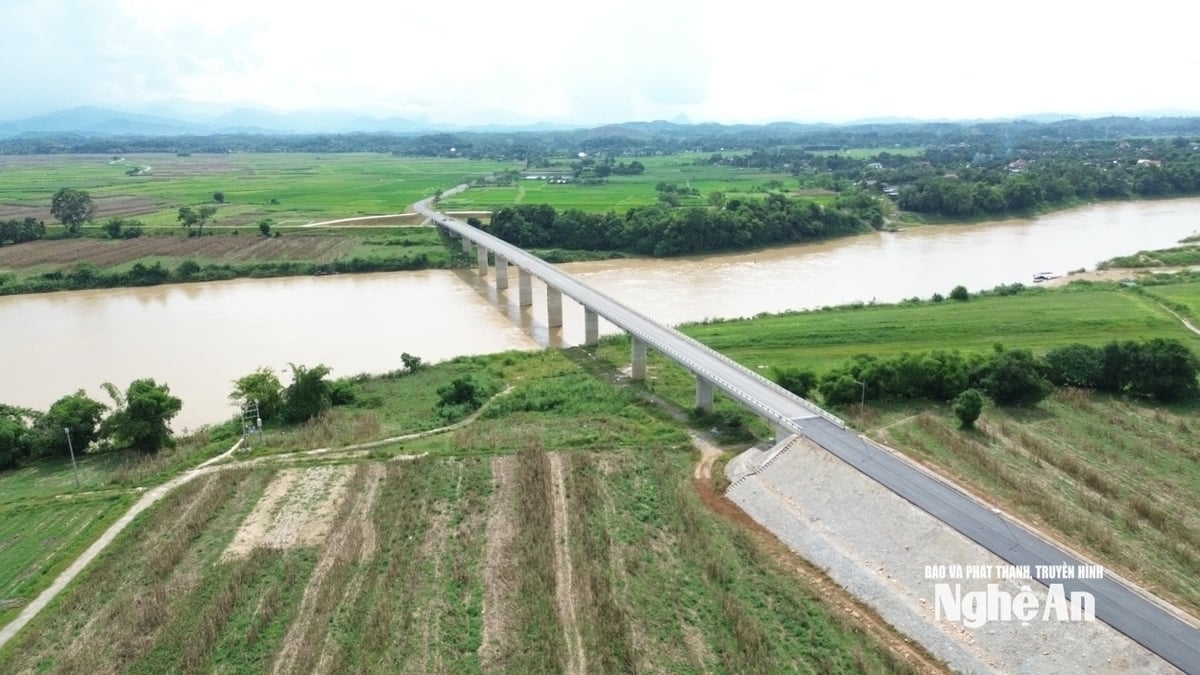

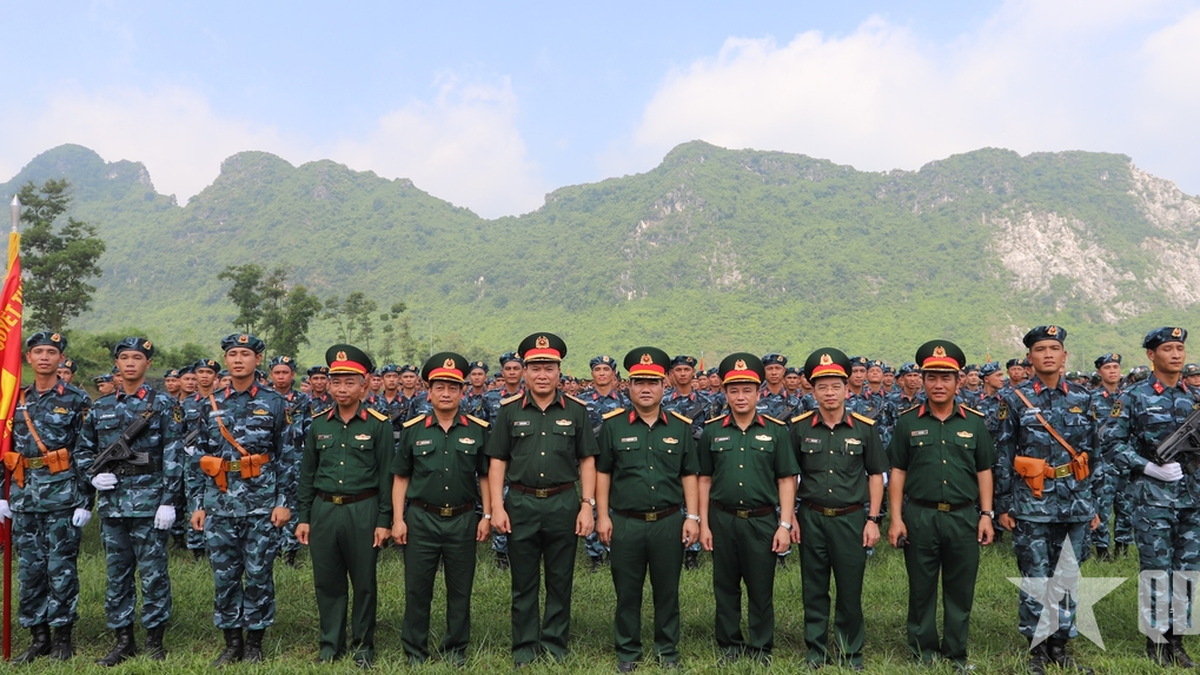
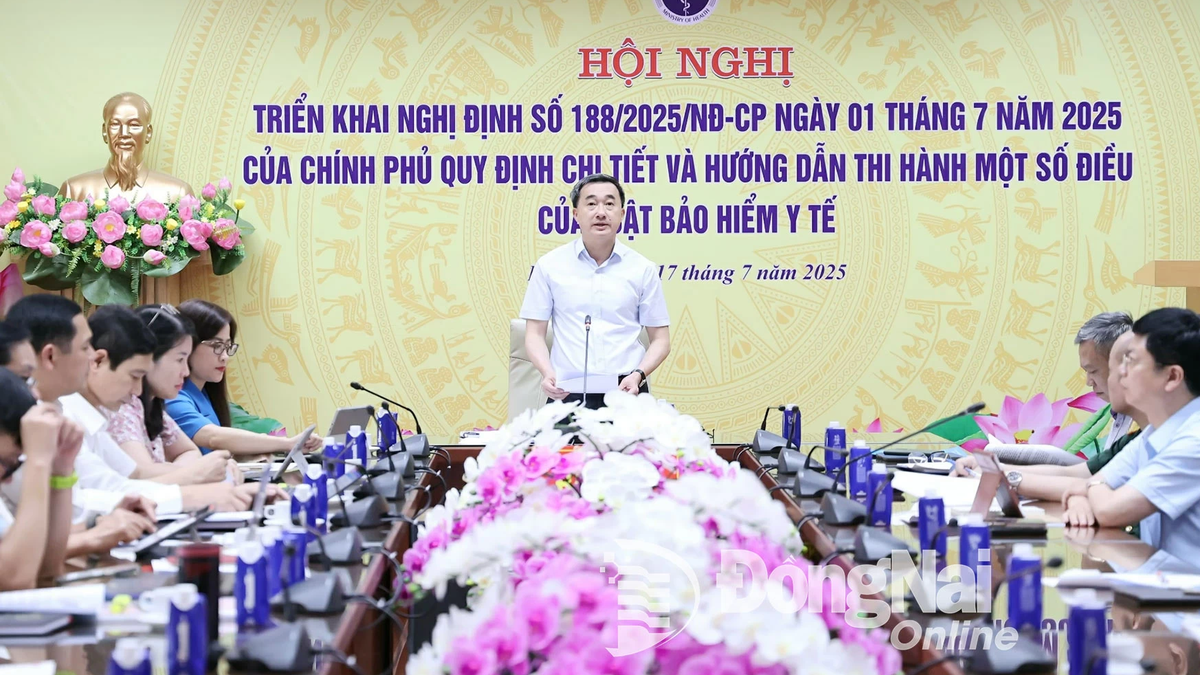













































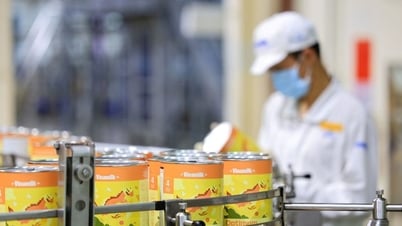








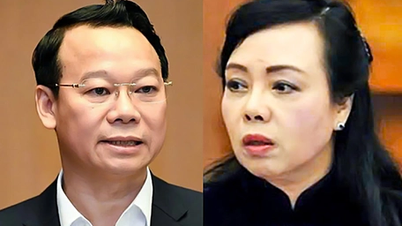
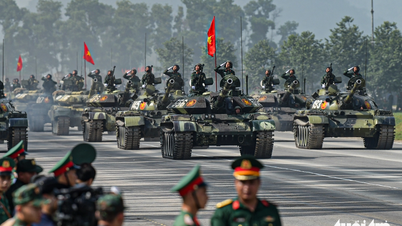






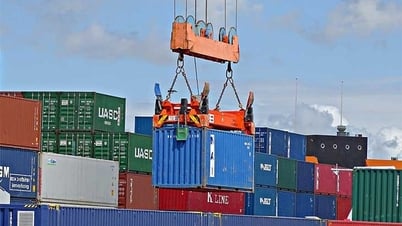
























Comment (0)